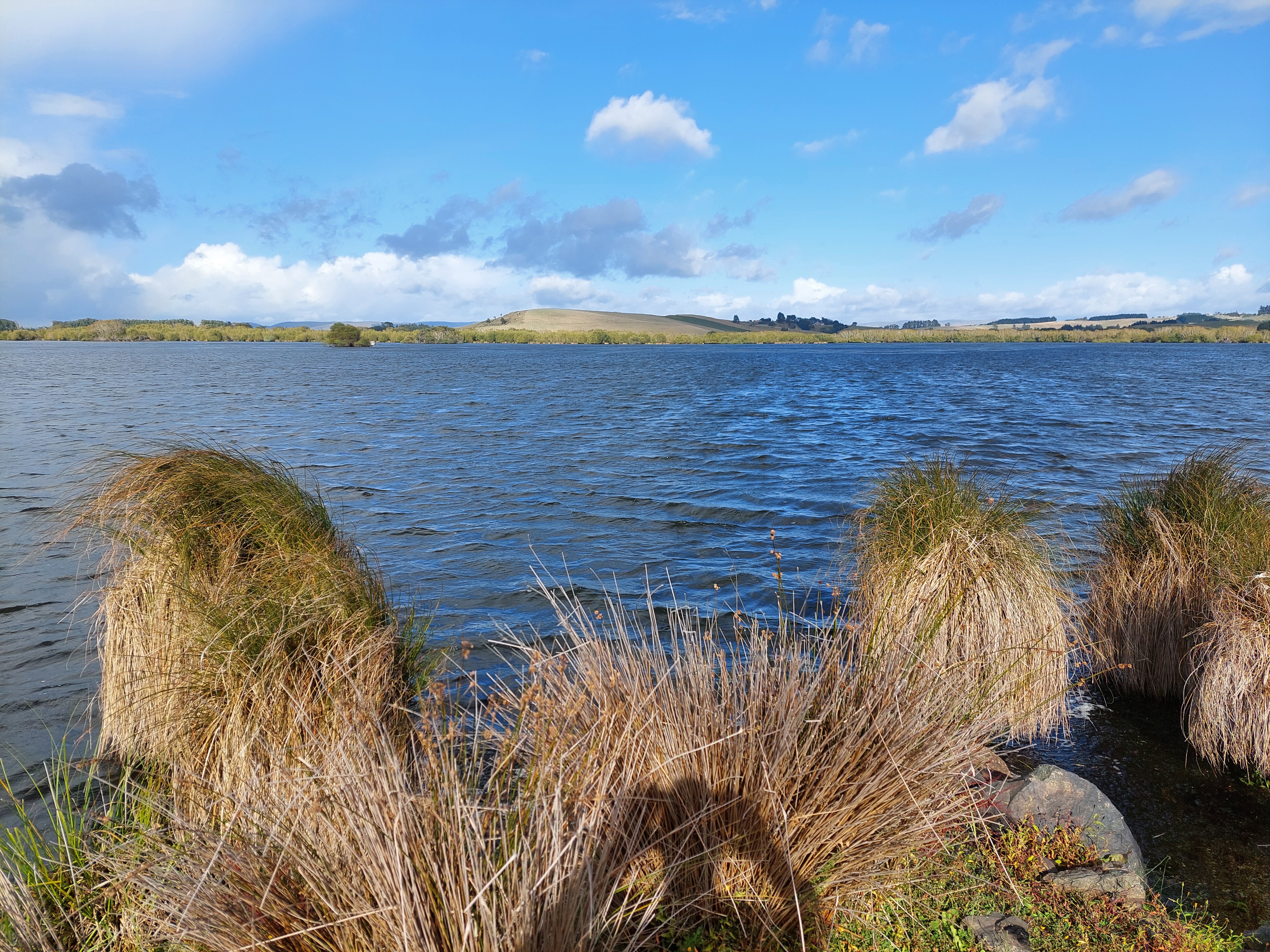Progress so far on the three priority actions
Ecological Assessment
ORC contracted Cawthron Institute to undertake an Ecological Assessment of Lake Tuakitoto. The aim of the ecological assessment was to identify drivers for the current ecological status of the lake and to identify possible actions that the ORC, in collaboration with the community, mana whenua, and key stakeholders, could undertake to make the catchment more resilient. The ecological assessment consisted of an analysis of historical data, and a fieldwork component. The final report on the ecological assessment was submitted to ORC on 31 July 2023, which was then shared to mana whenua, community representatives, and key stakeholders.
Water Quality Data
In June 2023, ORC added two more water quality monitoring sites to the Lake Tuakitoto catchment. This brings the total number of monitoring sites in the catchment up to three, with the existing site being Lovells Creek and the two additional sites targeting Stony Creek and Frasers Stream. Together, these three streams form the inflow into Lake Tuakitoto. These sites will be sampled monthly, and the data gathered will provide us with up-to-date information on water quality entering the lake complex. This monitoring programme will continue for the next two years (2022-2024).
Hydrological Assessment
This is the last of the three priority tasks that will be undertaken.






